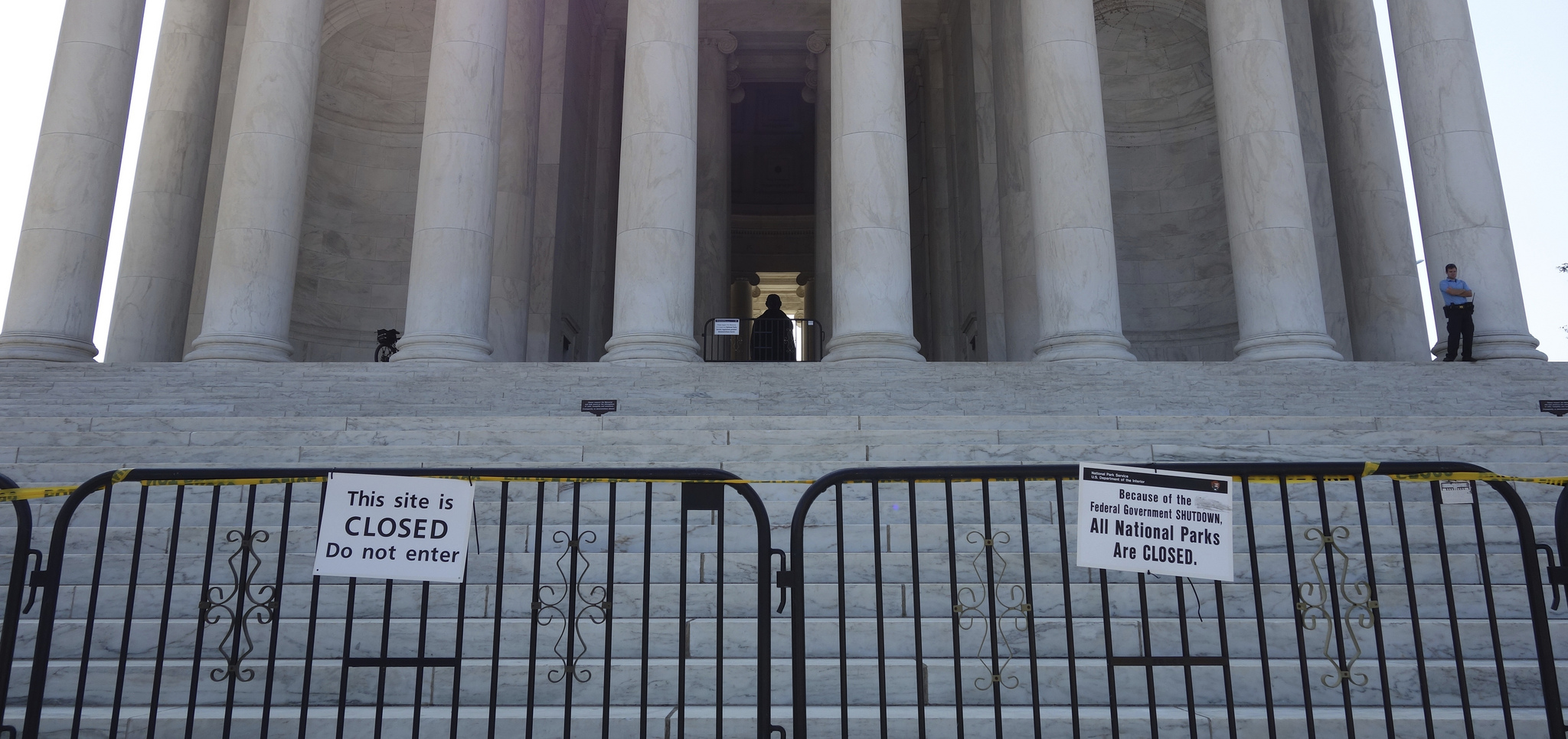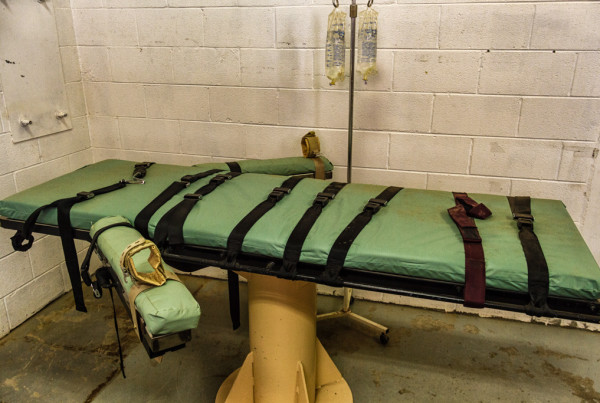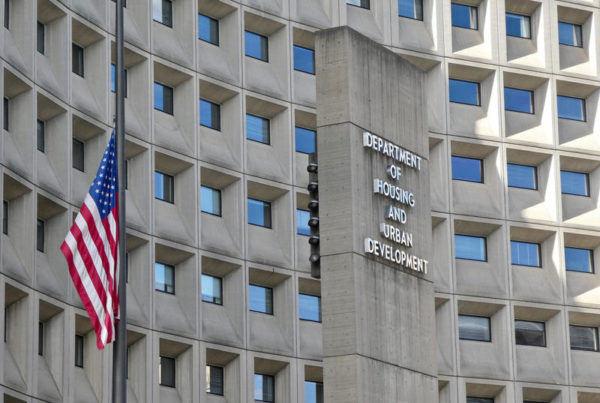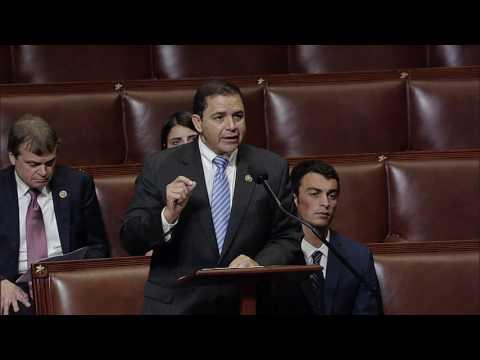tThe federal government has been partially shut down for 25 days. It’s the longest shutdown in U.S. history, with no end in sight. Both parties are unwilling to budge over President Donald Trump’s demand for the funding of a border wall. But while many are focused on a possible compromise to get the government open again, the shutdown has had a real effect on the economy – though it may be hard to tell to what extent because the shutdown has slowed some agencies’ ability to release economic reports.
One piece of data that was released was the latest budget deficit number. The Congressional Budget Office reported last week that it’s set to reach at least $1 trillion in 2019.
Cullum Clark, director of the Bush Institute-SMU Economic Growth Initiative and adjunct professor of economics at Southern Methodist University, says the shutdown is only making the deficit worse.
“There’s this myth that, well, if the government shuts down that means it’s not spending money, and somehow maybe that means that it’s going to actually improve the finances of the government,” Clark says.
But Clark says he’s learned from previous shutdowns that that logic is “absolutely wrong.” That’s because once the government reopens, it has to pay backpay to furloughed government employees who weren’t working during the shutdown.
“They will pay them for work that wasn’t done, but in the end, the work will be done and they will pay for it again, in a lot of cases,” Clark says.
What you’ll hear in this segment:
– Why federal employees should expect back pay, but not necessarily government contractors
– How some federal agency reports are delayed, while others are reporting as usual
– To what extent the shutdown will affect U.S. economic growth in 2019
Written by Caroline Covington.
















